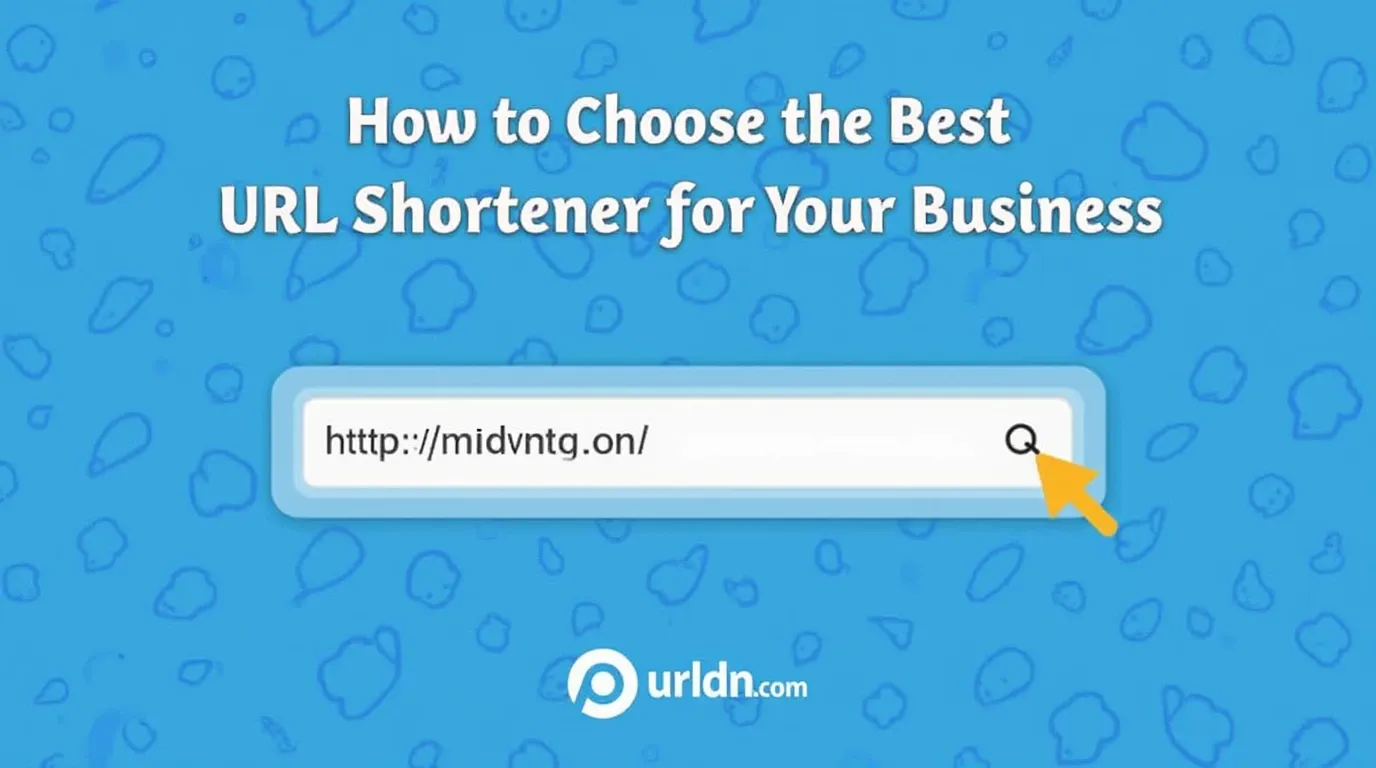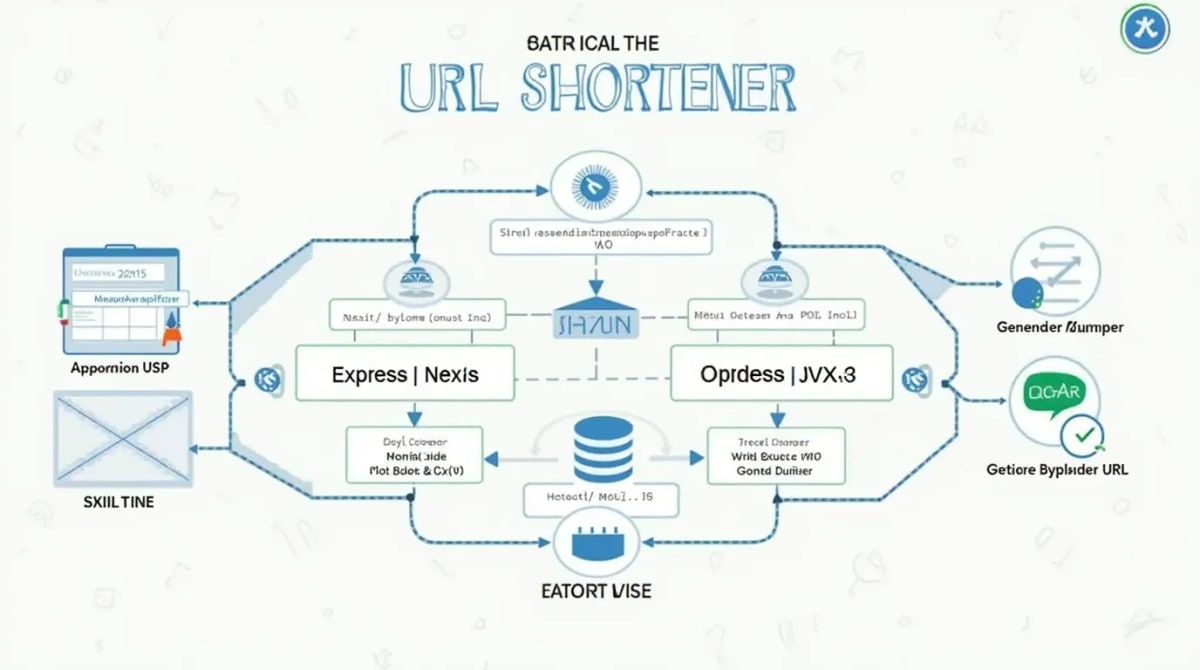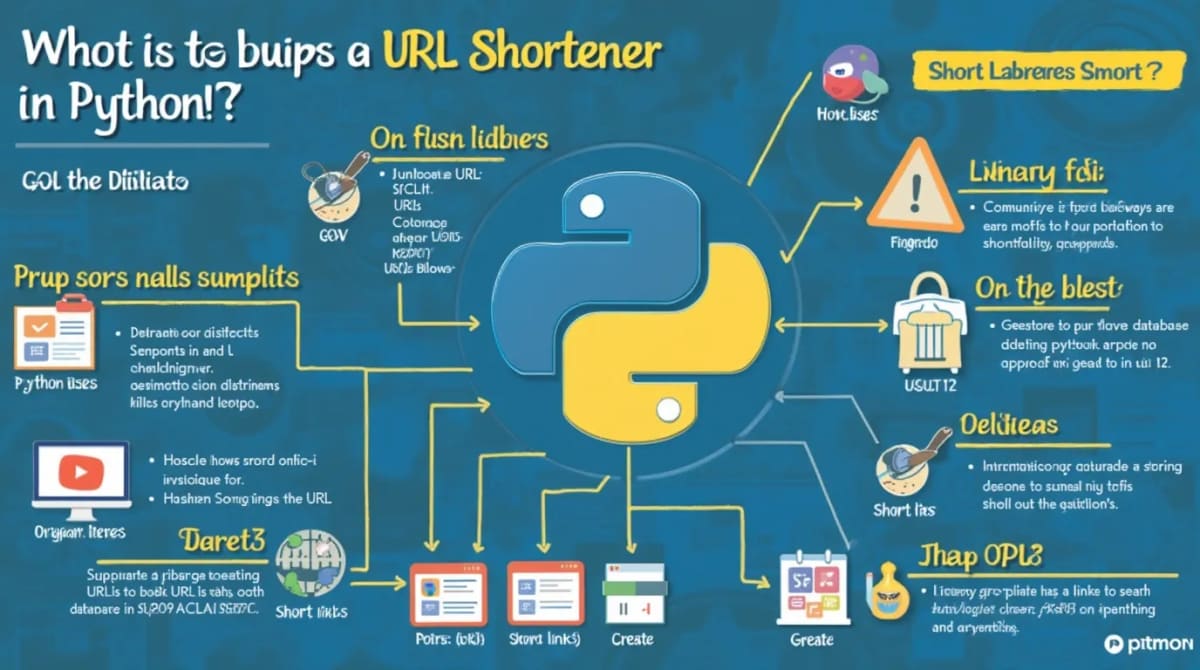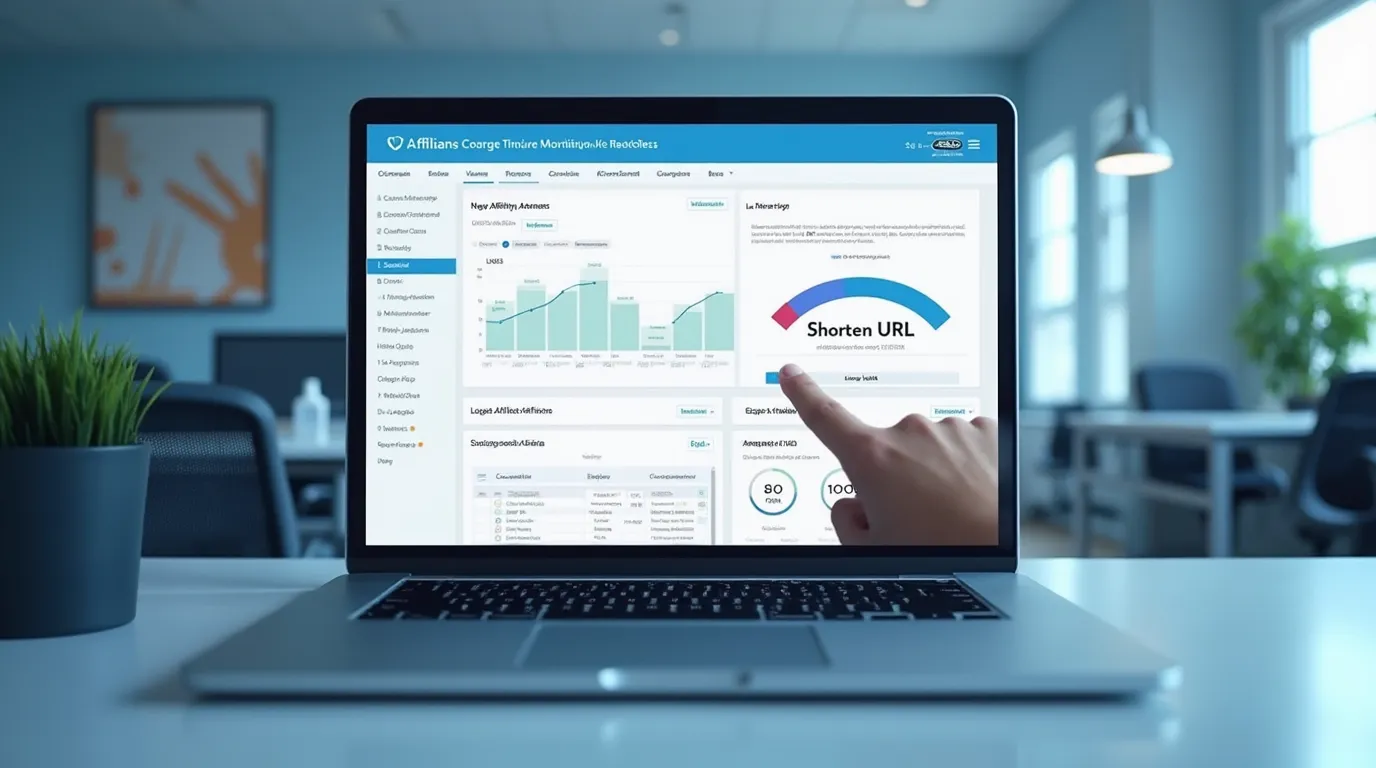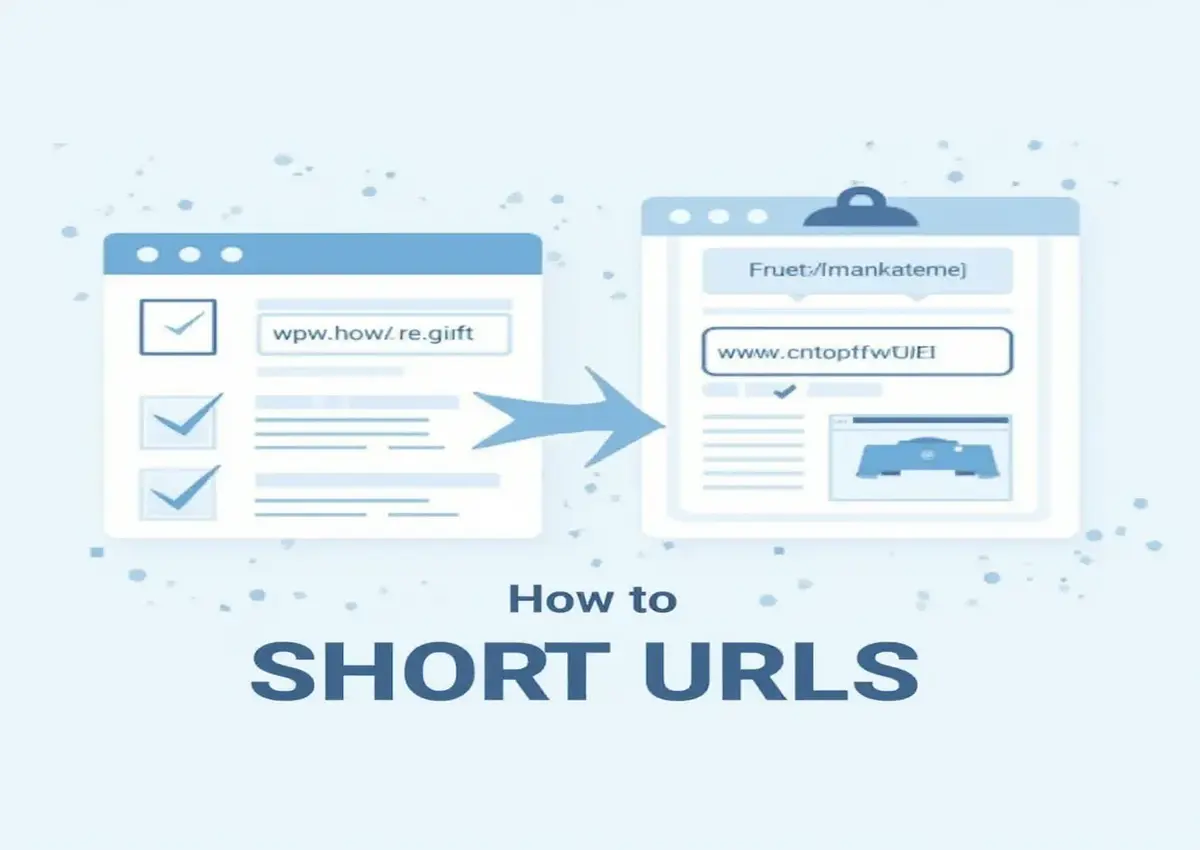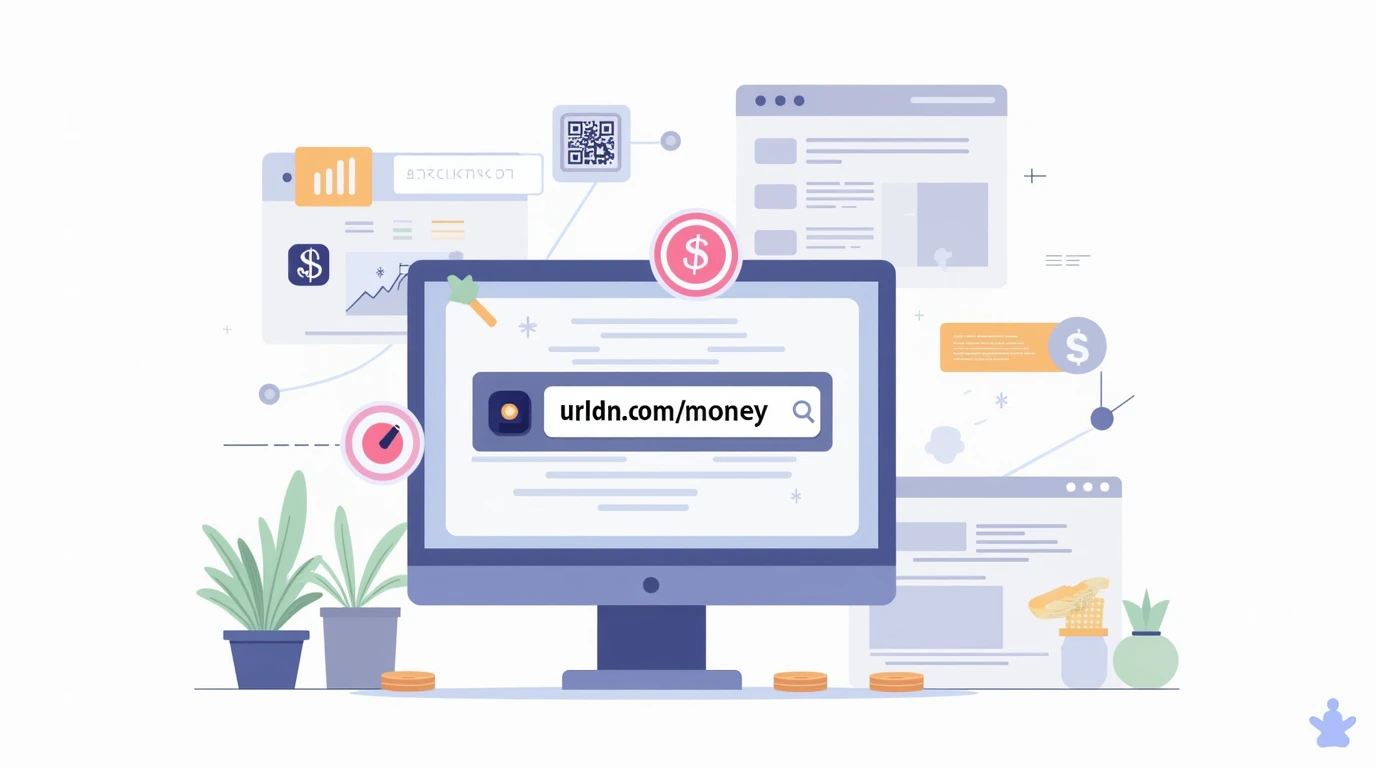
How url shortener make money
Published on: June 6, 2025
URL shorteners are more than just digital tools for shrinking long links — they're powerful marketing platforms and revenue engines. But how exactly do they generate money?
1. Ad-Based Monetization (Interstitial Ads)
One of the most common methods is displaying interstitial ads between the click and redirection. Users see a 5-second ad before reaching their final destination. Platforms like Adf.ly made this popular. These services earn revenue through impressions (CPM) and clicks (CPC).
2. Affiliate Link Redirects
Some URL shorteners automatically inject affiliate IDs into outbound links, especially if the original URL points to affiliate-friendly retailers like Amazon, Booking.com, or eBay. This model earns commissions when a sale is made via the modified short link.
3. Premium Features for Businesses
Platforms like URLDN offer advanced analytics, branded links, and custom domains for professionals and marketers. These features are usually part of a monthly subscription (SaaS model).
4. White-Label Link Shorteners
Some platforms sell white-label solutions to companies that want to offer their own branded shortener. This generates income through licensing and enterprise subscriptions.
5. Selling Aggregate Data (Ethically)
Anonymous analytics can be valuable to marketers and researchers. While privacy-compliant, some services may provide insights on click behavior, device usage, and regional traffic trends to third parties.
6. Sponsored Links and Redirects
Some URL shorteners inject sponsored links before the user reaches the target page. These can be disguised as recommended content and are paid placements by advertisers.
7. Donations and Crowdfunding
Independent developers often offer their tools for free and monetize through platforms like BuyMeACoffee, Patreon, or GitHub Sponsors. This works best in open-source or niche communities.
8. Building Email Lists from Users
Some shorteners capture emails before giving full access to advanced features. The list can be used for internal marketing or monetized via newsletters or launches.
9. Monetized API Access
Developers and SaaS users often require API integration to automate shortening. Some services charge based on API usage tiers — e.g., X requests per month = $Y.
10. Real-Life Examples of URL Shortener Revenue Models
- Bitly: Offers enterprise plans and branded links to big companies.
- Shorte.st: Focused on ad-based monetization with interstitial pages.
- URLDN: Free tool with plans to add analytics and QR-based branding.
11. SEO and Long-Term Sustainability
Search engines reward clean, fast, and ad-free redirects. Shorteners like URLDN maintain SEO-friendliness by avoiding shady redirects and ensuring fast TTFB (time to first byte), thus enhancing trust and ranking.
Conclusion
Whether through ads, SaaS models, or data services, URL shorteners are quietly monetizing millions of clicks daily. The key to success is transparency, trust, and useful features. Choosing a privacy-focused, brandable platform like URLDN gives users the power to grow and monetize their own content too.
Looking to Create Short URLs? URLDN is the best link shortener service to track, brand, and share short URLs.


